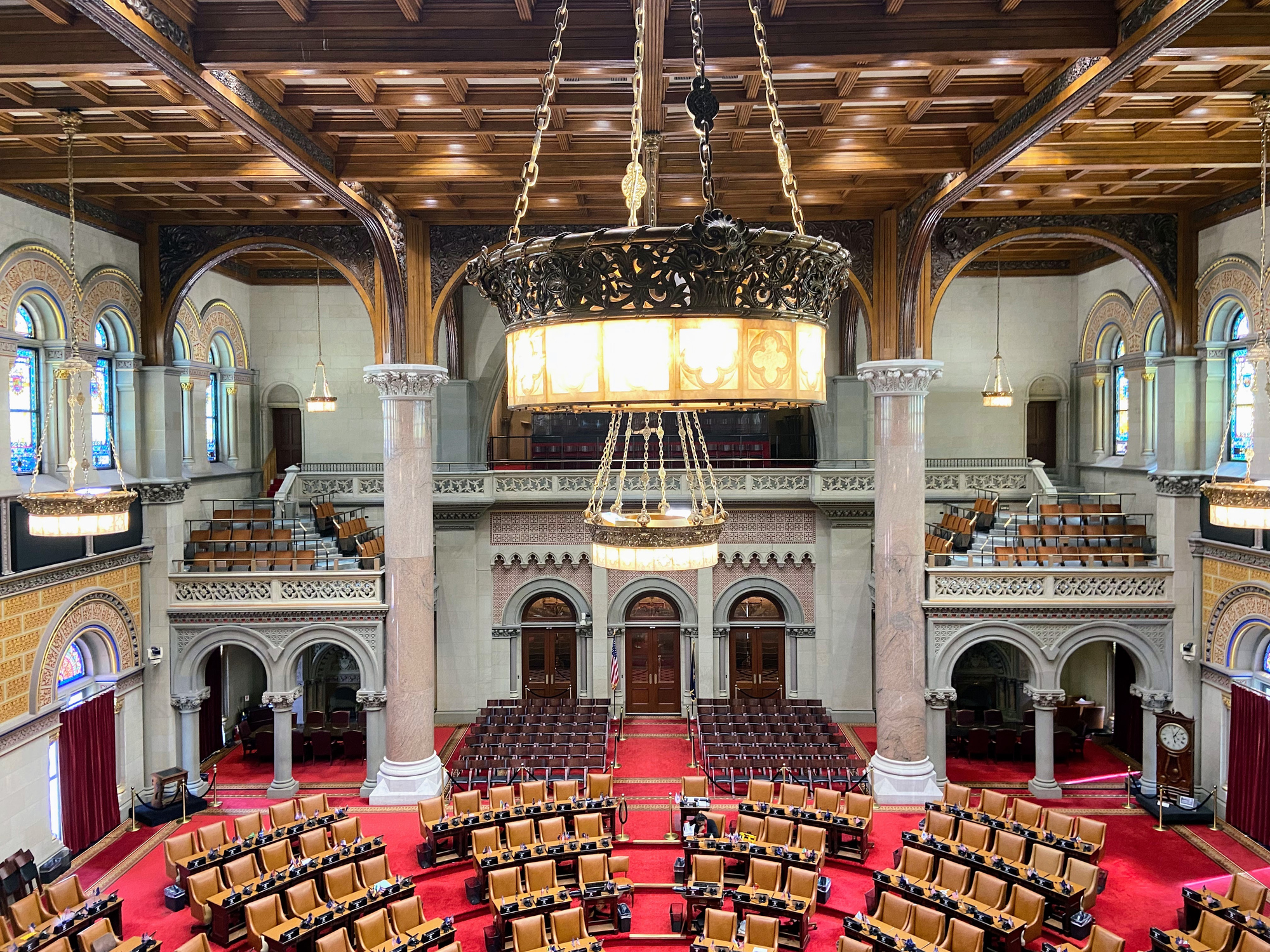 Every year, the Small Business Innovation Research (SBIR) program and the Small Business Technology Transfer (SBTT) program award more than $2.5 billion a year in research and development grants to encourage innovative ideas in a variety of industries.
Every year, the Small Business Innovation Research (SBIR) program and the Small Business Technology Transfer (SBTT) program award more than $2.5 billion a year in research and development grants to encourage innovative ideas in a variety of industries.
Ultimately, this competitive program incentivizes small businesses to look outside conventional industry processes to solve challenges with new and revolutionary technology, while profiting from its commercialization. By harnessing this federal money, small businesses can foster a competitive edge in the market.
Federal law stipulates that each year all U.S. government agencies with R&D budgets greater than $100 million must direct three percent to domestic small businesses. Eligible small businesses are determined by number of employees, average annual receipts and industry type. Eleven federal agencies participate in the program, including the Departments of Defense, Homeland Security, Transportation and others. These agencies then determine which R&D topics they solicit before evaluating and accepting each proposal on a competitive basis.
 The SBIR and SBTT programs enable small businesses to take the same risks as large competitors without relinquishing any ownership in exchange for government funding. Since starting in 1982, SBIR has helped thousands of small businesses in a variety of industries compete alongside larger organizations with more resources.
The SBIR and SBTT programs enable small businesses to take the same risks as large competitors without relinquishing any ownership in exchange for government funding. Since starting in 1982, SBIR has helped thousands of small businesses in a variety of industries compete alongside larger organizations with more resources.
To learn more about the SBIR program, including strategies for writing an effective proposal, please join Duane Morris Government Strategies at the Small Business Innovation Research Workshop on Tuesday, May 8, from 8:45 a.m. to 12 p.m. at the Sheraton Station Square Hotel in Pittsburgh.
For more information, please contact Ann Liebschutz, Director of U.S. Federal Government Affairs for Duane Morris Government Strategies, at amliebschutz@dmgs.com.
Latest News
Photo credit: iStock.com/Hamburg Studios As Pennsylvania continues to navigate an evolving energy landscape, state leaders are proposing new approaches to ensure reliability, affordability, and sustainability. Governor Josh Shapiro recently announced his “Lightning Plan”, a six-part [...]
Photo credit: iStock.com/StudioGraphic As technology continues to evolve, digital driver's licenses (also known as mobile IDs) are gaining traction across the United States. States are increasingly exploring legislative measures to modernize driver identification systems, enabling [...]
Photo credit: iStock.com/Ray Tan As the impacts of climate change intensify, several U.S. states are taking legislative steps to address the mounting costs of adaptation and resilience. New York, New Jersey, and Vermont have recently [...]
In this episode of The Back in Session Podcast, hosts Ryan Stevens and Ryan DeMara are joined by Brendan Williams from PBF Energy. They delve into the state of energy policy, the refining sector, and [...]






Stay In Touch